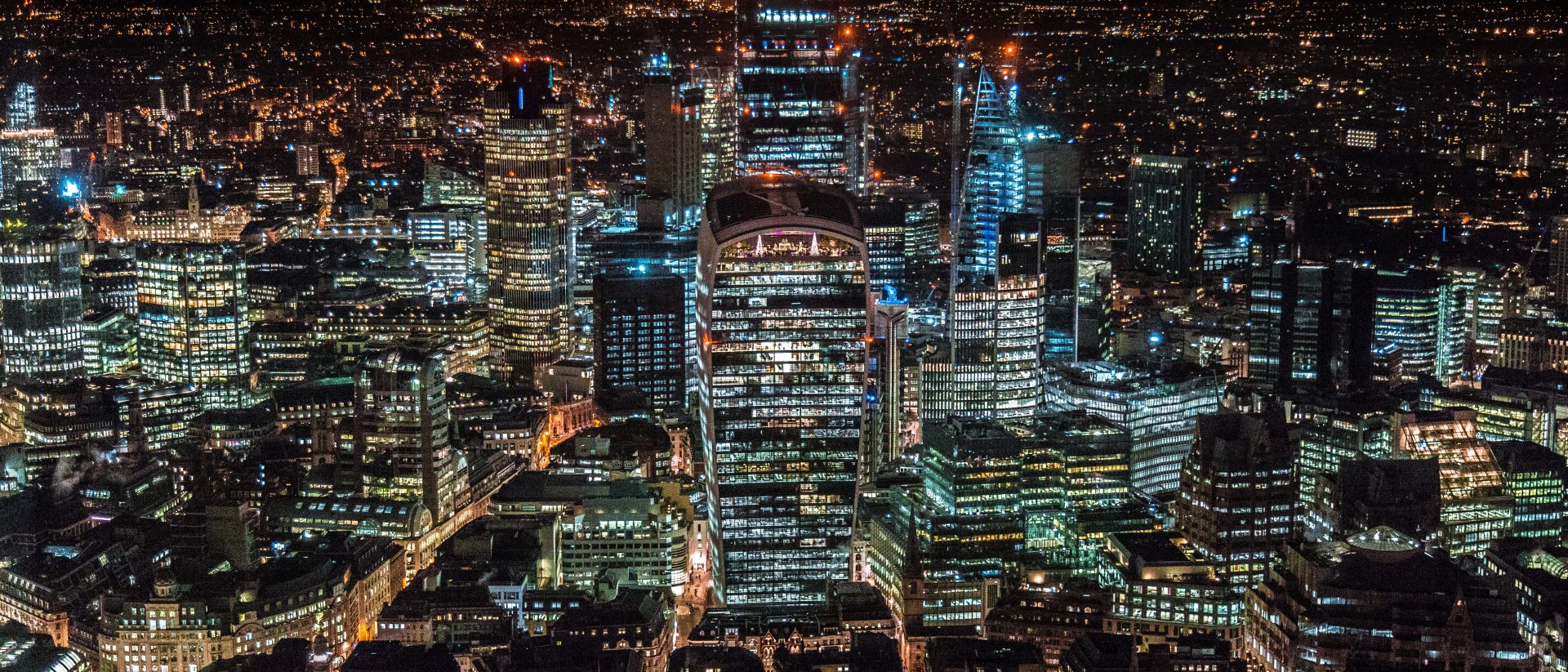2021 was a year like no other for renewables, and 2022 looks set to be another historic year, writes REA chief executive Nina Skorupska
2021 was a year like no other. For large periods we operated under lockdown, but the scope of the REA’s work continued to be far-reaching, from our deep geothermal campaign to our work on VAT, our 20th Anniversary celebrations and the REA Strategy. We have seen our campaigning on behalf of members answered in several key sectors, with commitments to end new fossil fuel vehicle sales; end new gas boiler sales; an end to biodegradable waste going to landfill within five years; and a Government target for a Net Zero electricity grid. We even found time to squeeze in industry-leading reports like REview21 and ETRI!
For our industry here in the UK, COP26 was certainly the pinnacle this year and it was a real privilege to be there with the REA team as official observers. While there was undoubtedly some frustration with the final political settlement, it is inspiring to see so many friends and colleagues pushing the agenda forward. There is certainly a lot of hope for the future.
While 2021 felt momentous in many ways, it is 2022 which is the focus of my thoughts here.
With COP26 out of the way, some people fear that there may now be a dilution in the Government’s focus on Net Zero. I have some sympathy with this view, especially given Boris Johnson’s backbenchers – some of whom have long made their feelings known about the energy transition – now feel more emboldened to rebel against his Premiership. We have already seen campaigns wanting to stall or delay the phasing out of fossil fuelled vehicles and boilers and I am in little doubt that we will see similar fear tactics being deployed over the coming months.
However, far from being despondent, there are reasons to be cheerful. Vested interests in maintaining the status quo were never going to go quietly and what we are seeing now are the last throes of resistance, with fossil fuel dependency reducing as we move to an energy landscape based on renewables and clean technology.
It is telling that these campaigns now focus on the ‘cost’ of the transition, rather than engaging in the climate change denialism of the past. While these may just be largely the same people in new clothes, it does point to a fundamental shift – there is now no debate to be had on ‘the science’. The deniers lost that battle and are now looking for new ground to fight on.
Their argument now is an economic one, that it will cost too much to transition. Yet, in my view, they are fighting another lost cause. As the REA we have argued the economics for change for many years. Some may recall our 2017 report “Tipping Points” (sponsored by Eaton and produced by Bloomberg New Energy Finance), for example, which we have again published every year since.
With the cost of living skyrocketing, driven by fossil fuel price volatility, consumers are not going to be calling for less support for consistent, renewable alternatives, but an expansion. We at the REA have long said that the best way to stabilise energy bills and ease the cost of living crisis is to give people the ability to host their energy systems and to help them into zero-emission vehicles. This is why we have long championed policies such as a reduction in VAT on domestic renewables and a UK ZEV mandate. In short, people should be given the power to move to a future that is more environmentally friendly and more economically secure by reducing upfront costs.
Of course, wider, positive economic ramifications will be felt too with the creation of jobs, increasing business investment and the opportunity to export around the world. The UK has a proud history of manufacturing and an equally impressive record of being world leaders on systems solutions and supportive market developments – this is our chance to have a new smart industrial revolution. Politicians say they want to level up – well here is the way to do it!
This is not to say I underestimate the damage that fossil fuel interest groups could do to ‘green’ policies in the short term. They are not without influence, and at a time when there has been unprecedented expenditure to mitigate the impacts of COVID-19, the short-term political and economic arguments that they put forward could look attractive to the Chancellor.
That is why our industry will continue to make a sound economic case for renewables and clean technology. We can be the foundation of a new, prosperous, stable economy that works for both families and for businesses, but we must be ready for the inevitable campaigns that are likely to come our way, and we must not be complacent even if their assertions stretch credibility.
I am in little doubt that 2022 will be another historic year, and that organisations across our industry will continue to work tirelessly to deliver a Net Zero future. It will be another busy 12 months – and I am sure we will face some resistance along the way – but I cannot wait to get started.
On a final note, given the current situation, I know that many of us will not have had the December we were hoping for, but I hope that you and those closest to you get to enjoy a special few days with one another. On behalf of the REA, I want to wish you all a very Merry Christmas and look forward to seeing you again in the New Year.
This blog first appeared in Business Green on 29 December 2021.

